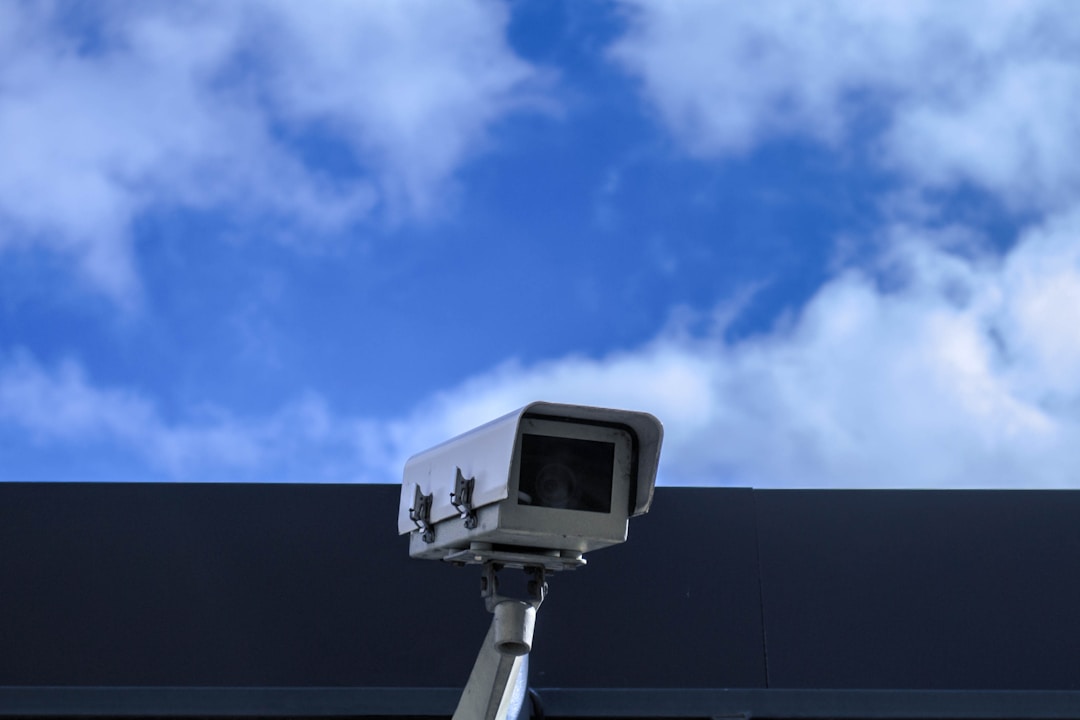
Entrepreneur, startup small business and woman with an open sign for her retail honey store. Happy,.
Loss Prevention Strategies for Retail Businesses
Loss prevention is a crucial aspect for any retail business, as it directly impacts the bottom line. A comprehensive security strategy helps to enhance security, protect assets, and minimize losses due to theft, fraud, or any other factors. In this article, we will discuss four effective loss-prevention strategies for retail businesses to consider implementing.
Investing in Advanced Video Security

One significant aspect of loss prevention for retail businesses is the installation of advanced video security systems. These systems provide real-time monitoring of store premises, enabling store managers and security personnel to promptly detect and respond to any suspicious activities. The use of high-definition cameras with features like motion detection, night vision, and facial recognition technology can significantly improve the efficiency and accuracy of video security.
An important element of an effective security system is the integration of its components. Connecting security cameras, alarms, and other devices in a cohesive system enables data sharing and seamless communication between devices, maximizing their potential. Retailers should also consider investing in retail security solutions with artificial intelligence (AI) capabilities that can identify potential theft patterns or analyze customer behavior.
Implementing Strict Inventory Management
Proper inventory management is another essential aspect of security for retail businesses. Retailers should have a clear and accurate understanding of their inventory levels to identify irregularities, discrepancies, or instances of theft. Implementing an efficient inventory tracking system helps to monitor stock levels and the movement of goods from shipment to the sales floor and, eventually, to customers.
Regularly conducting physical inventory audits and comparing the results with the data from the tracking system can help detect any anomalies, pinpoint their sources, and address them promptly. It is also crucial to train staff on inventory management best practices and create a culture of accountability that encourages employees to take responsibility for stock and store assets.
Enhancing Employee Training and Communication

A well-trained workforce is the backbone of a strong security strategy. Retail businesses must invest in comprehensive employee training that encompasses various aspects of loss prevention, including customer service, inventory management, security systems, and theft deterrent techniques. Regular training sessions not only keep employees updated on new policies and protocols but also help foster a strong sense of responsibility and loyalty to the business.
Employee communication is another valuable tool in loss prevention. Encouraging open communication enables workers to report any suspicious activity or concerns to management without fear of retaliation. Effective communication also helps identify any internal theft or issues with employee performance that may contribute to losses.
Moreover, implementing an employee recognition program can motivate staff to actively participate in security initiatives. By rewarding employees for reporting incidents, suggesting new ideas, and maintaining a high sense of vigilance, businesses can promote a positive work environment and encourage active security efforts.
Maintaining Strict Cash Handling Procedures
Retail businesses are susceptible to cash theft, both from customers and employees. Implementing strict cash handling procedures can help prevent such incidents and hold employees accountable for any discrepancies. These procedures may include dual controls for cash counting, cash register audits, secure cash storage, and designated personnel for cash collection and deposits. Providing clear guidelines on cash handling procedures and ensuring that employees sign off on their understanding and compliance further strengthens this security aspect.
Periodically reviewing the cash handling procedures and identifying any existing loopholes or vulnerabilities also helps maintain their effectiveness. In addition, educating employees about the consequences of non-compliance, reinforcing the importance of security policies, and conducting random audits contribute to a robust cash-handling system.
Lastly, keeping an open communication line and encouraging employees to report any irregularities or suspicions can lead to the identification of potential thefts and the prompt resolution of such issues. Consistently monitoring cash handling efforts is crucial in preventing losses and safeguarding the business’s assets.
In conclusion, a comprehensive loss prevention strategy is essential for retail businesses to protect their assets and minimize losses. By investing in advanced video monitoring, implementing strict inventory management, enhancing employee training and communication, and maintaining solid cash handling procedures, businesses can reduce losses and also create a more secure and efficient working environment.